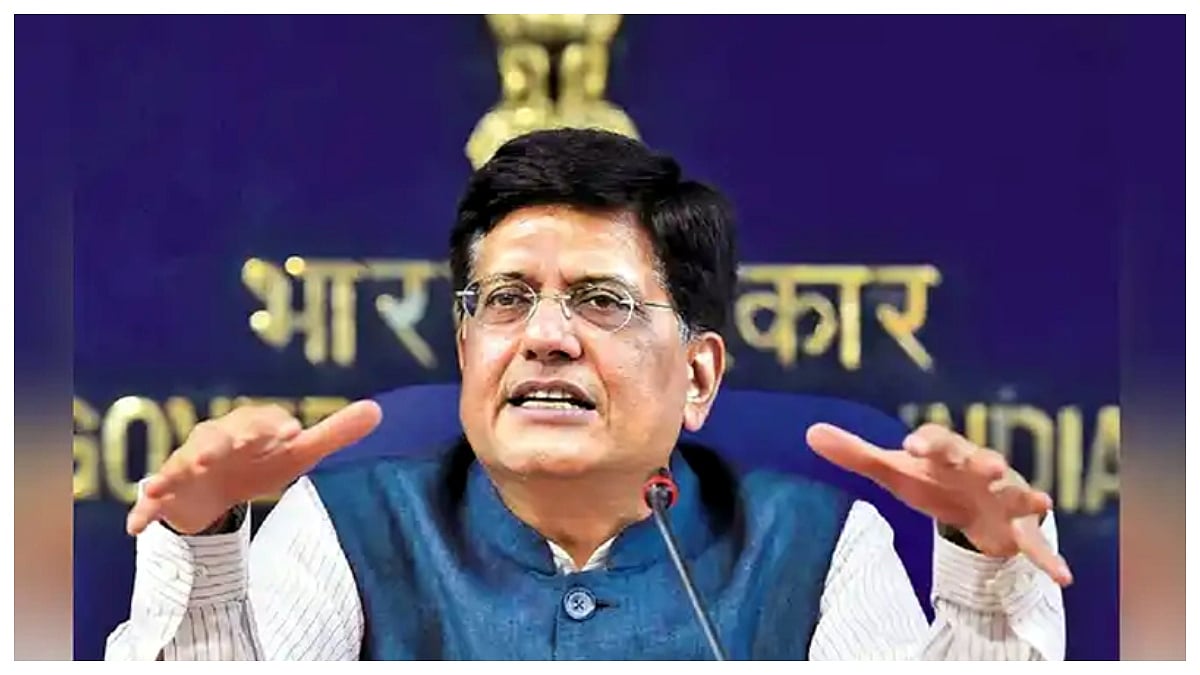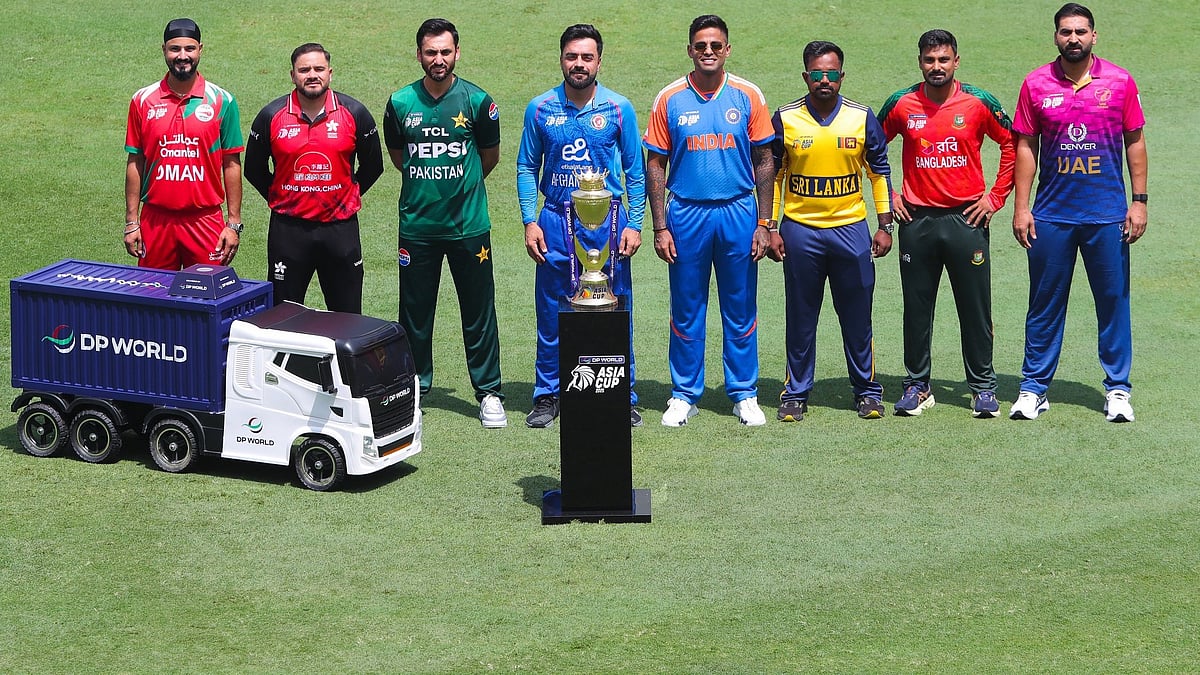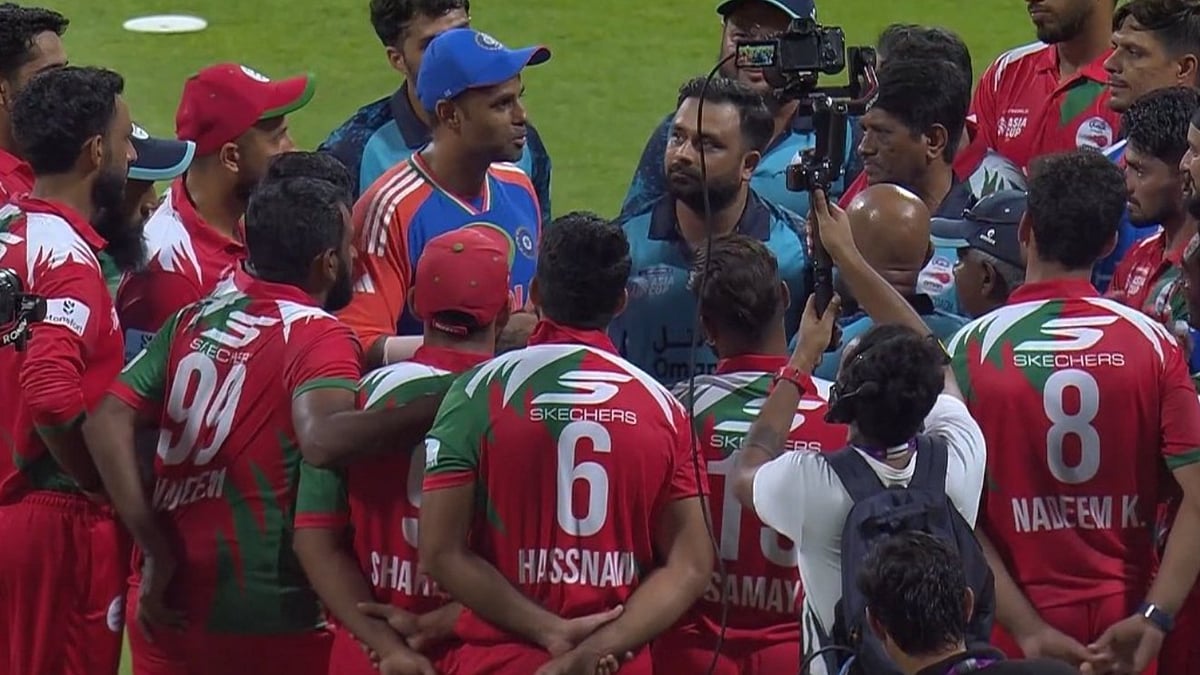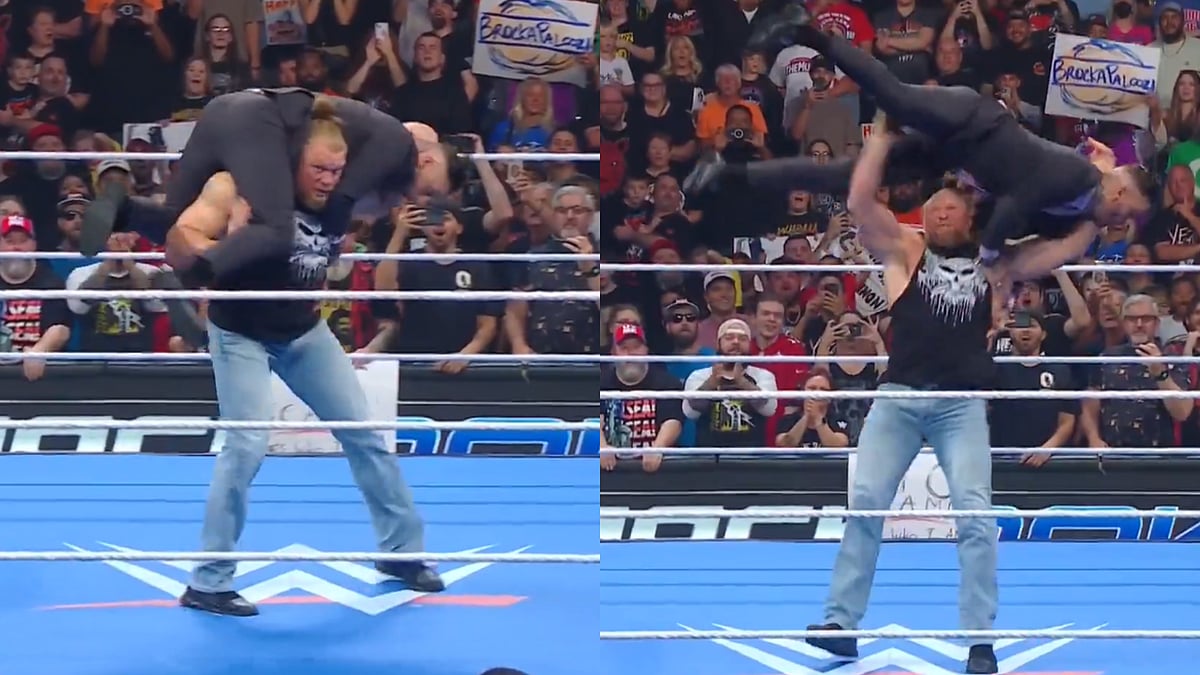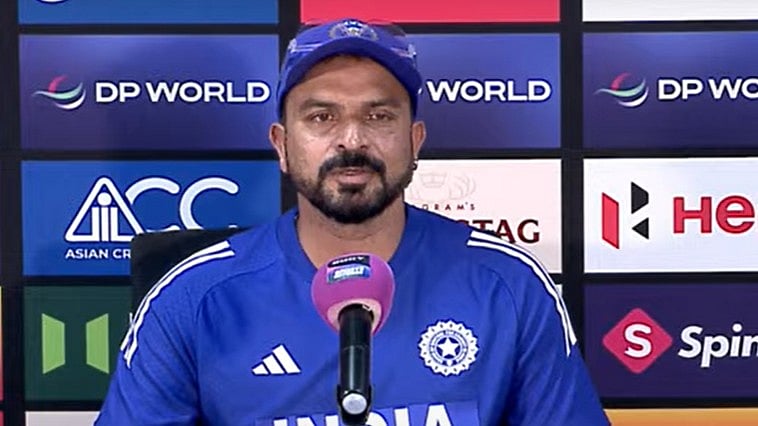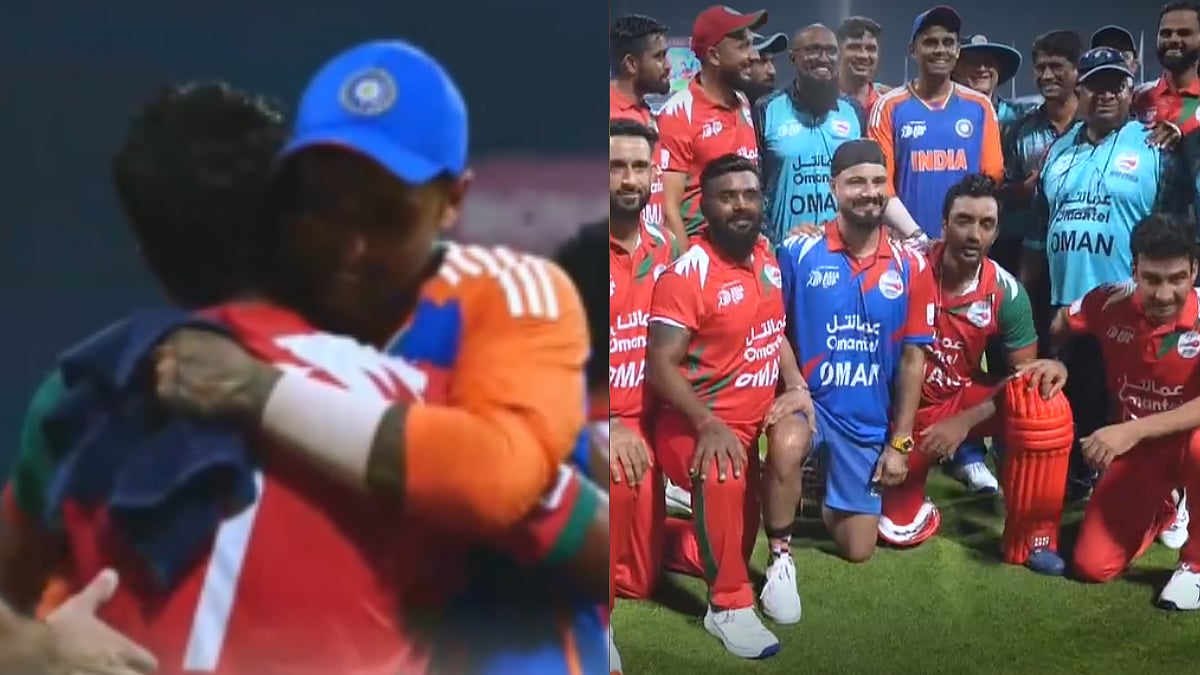According to a report by 'Times London', owners of top Indian Premier League (IPL) franchises are making efforts to lure as many as six premier English players to quit international cricket and join T20 leagues with attractive annual contracts worth up to 5 million pounds. This would enable them to play in T20 leagues throughout the year. However, the report does not disclose which franchises are involved or which players are being approached.

Franchise cricket monopoly
Most of the 10 IPL franchises have expanded into different leagues, such as the Caribbean Premier League (CPL), South Africa's T20 league, the Global T20 League in the United Arab Emirates (UAE), and the upcoming Major League T20 in the United States. These franchises are attempting to establish a strong presence in the various leagues and are looking to attract high-profile players.
The report does not mention the specific details of the contracts offered by the franchises or the level of interest from the England players. Additionally, there is an upcoming Saudi T20 league in which some of the IPL franchises may consider investing.

Players already approached
'The Times' report quotes: "Initial discussions have taken place after at least six English players, including some international stars, were approached by IPL franchise owners and asked whether, in principle, they would accept a deal that would make an Indian team their main employer, rather than the ECB or an English county."
"This development follows discussions among players' unions around the world about the potential implications of 12-month franchise contracts, which would be a significant step towards the football model of elite players being primarily contracted to their team and released for international duty, rather than the other way around.
Although the ICC has considered imposing a limit on the number of leagues that an actively contracted player can participate in within a year, it is still possible for many young players to either retire from international cricket or relinquish their central contracts to become unrestricted agents. The only potential obstacle in this situation would be obtaining a 'No Objection Certificate' from the player's respective national cricket board.

